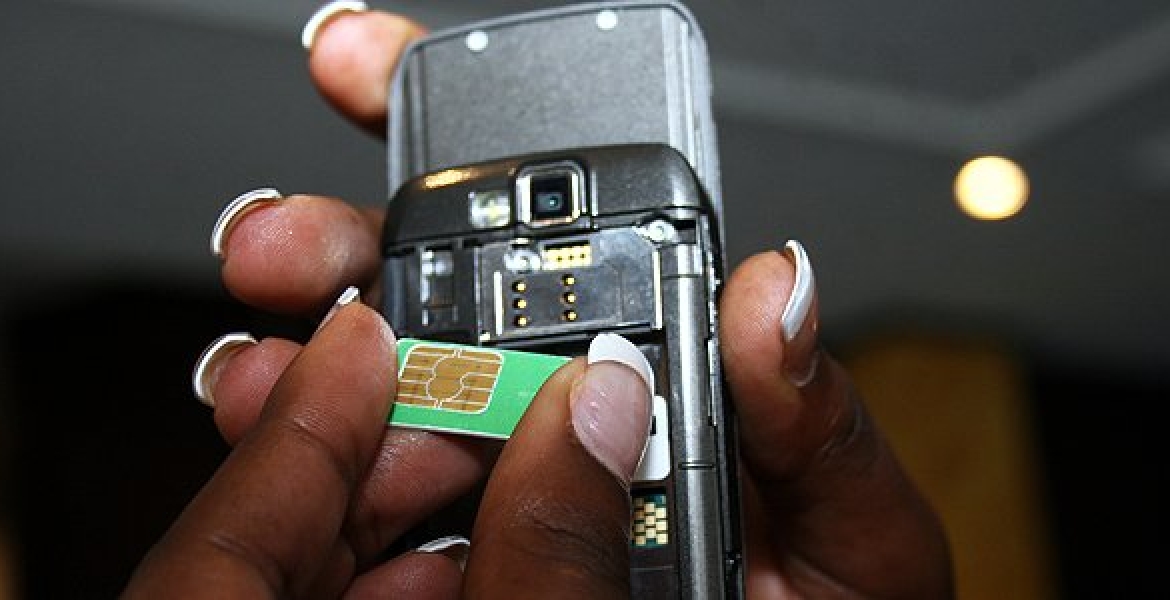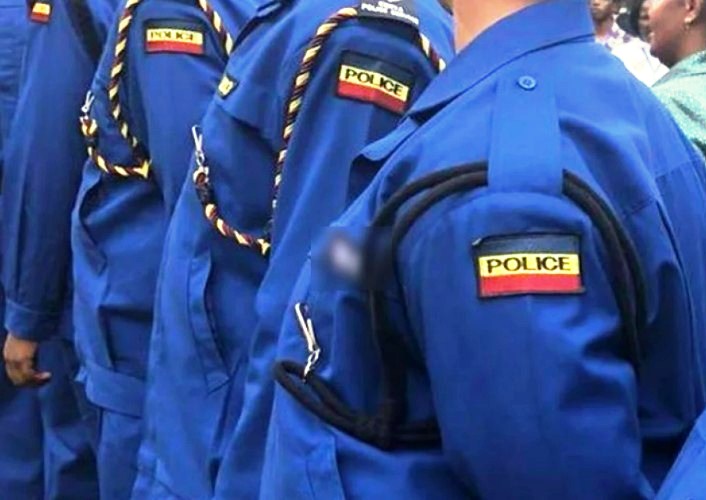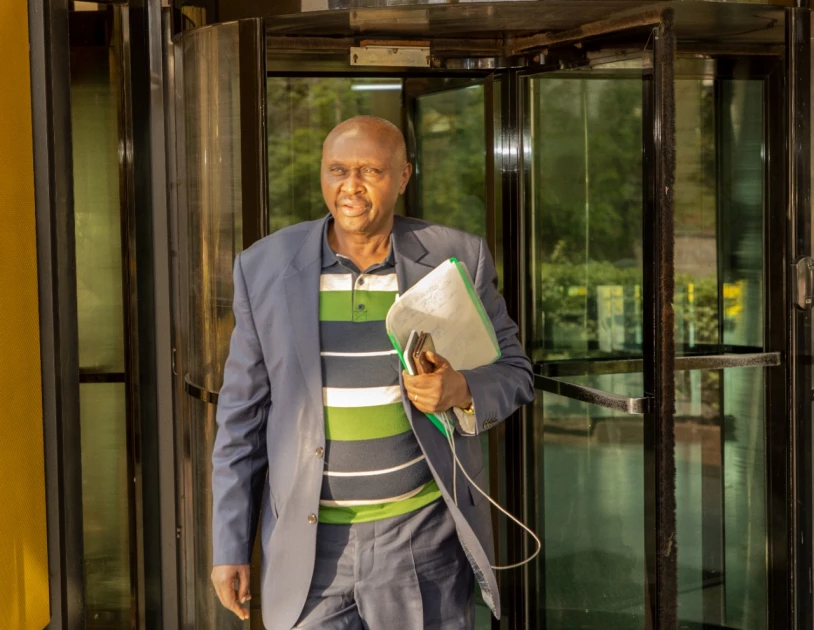By TWV Investigations Desk
A government directive requiring mobile phone subscribers to present original and photocopied identification documents before SIM card registration has inadvertently exposed a multi-million-shilling racket involving dealers contracted by Kenya’s leading telecommunications firms. The policy was first rolled out in 2004 during President Mwai Kibaki’s tenure and reinforced by the Communications Authority of Kenya (CAK) in 2022, mandating stricter verification of SIM card ownership to curb fraud, terrorism financing, and cybercrime.
What began as a security measure also disrupted a shadowy network of dealers working for Airtel and Safaricom. These agents had been fraudulently registering SIM cards using stolen or unlawfully obtained personal data, then using the lines to falsify airtime sales and inflate their commissions.
Investigations by The Weekly Vision established that much of the biodata originated from the Independent Electoral and Boundaries Commission (IEBC) voters’ register, or from M-Pesa agents who discreetly retained customer records. In some instances, insiders within the telcos themselves facilitated access to identification details.
Licensing requirements that compelled dealers to run multiple outlets helped mask the scheme. Many expanded into networks of trusted retailers and sub-agents, multiplying fraudulent sales across regions. While the true value of airtime sold nationwide is difficult to measure, sources confirmed that vast sums exchanged hands within the cartel daily.
A driver in Nairobi’s Eastlands admitted he was often sent for “night pick-ups.” “You would be told to collect goods, handed KSh 50,000 upfront and another KSh 10,000 after delivery,” he recounted. “Only later did we realise the packages contained cash, not goods.” Another driver remembered stepping into a warehouse “where a room was literally stacked with money.”
The illicit proceeds funded lavish lifestyles. In Kakamega, villagers were astonished when a dealer’s funeral revealed he had secretly built a palatial mansion with imported furnishings. In Kisii, locals spoke of another who returned from Nairobi in flashy cars and financed a shopping complex in just two years. In Machakos, a dealer erected a cluster of rental properties, paying builders exclusively in cash and never once seeking a bank loan.
Industry insiders said Airtel was particularly vulnerable due to its aggressive push for market share against Safaricom. Dealers exploited this by pocketing inflated commissions on fictitious airtime sales while remitting only the telcos’ share.
The syndicate also manipulated SIM card loopholes to process multiple M-Pesa transactions under different identities. With daily transfer limits raised from KSh 150,000 to KSh 500,000, the scam became even more lucrative. Drivers who absconded with millions viewed dismissal as a minor consequence.
The crackdown ordered by President Kibaki crippled the operation. Some dealers fled with huge cash reserves, others left the country altogether. Rumours now suggest attempts to relocate the scheme to Ethiopia, where Safaricom has recently expanded, and regulatory controls may be less stringent.
Safaricom has since tightened procedures, with commissions on new SIM cards now payable only after lines are confirmed active, a safeguard that has drastically reduced fraudulent claims. Yet troubling questions remain: how such a scheme was permitted to thrive for years under the gaze of the country’s largest telcos, and whether similar fraud networks are poised to exploit new markets.
[/full]





